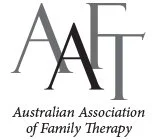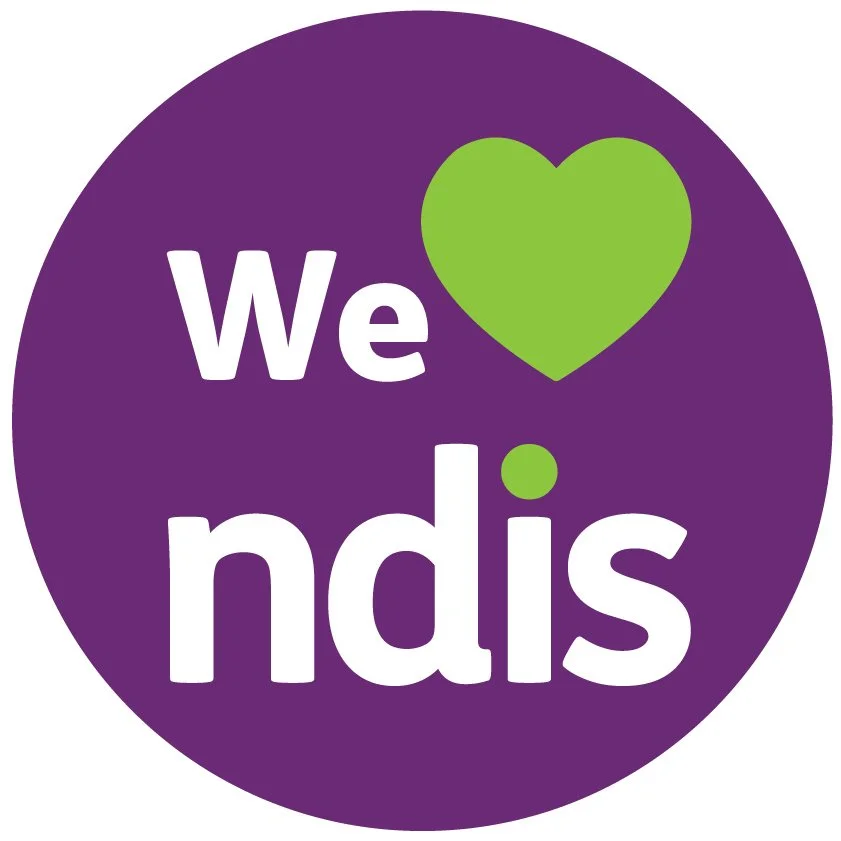
Our Services
Our commitment to you is to view you as the director of your care. We will partner with you to achieve positive outcomes. We will tailor our approach to meet your needs.
Our Services
Therapy
At Principal Wellbeing Clinic, we specialise in providing face to face and telehealth therapy services to a diverse clientele, including children, young adults, couples, and families. Our team comprises seasoned professionals with extensive experiences and knowledge in various therapeutic techniques, tailored to cater to your unique needs. We are dedicated to fostering an environment that is both inclusive and nurturing.
Our Therapeutic Offerings:
-
Trauma-focused cognitive behavioural therapy (TF-CBT) addresses the mental health needs of children, adolescents, and families suffering from the destructive effects of early trauma. The treatment is particularly sensitive to the unique problems of youth with post-traumatic stress and mood disorders resulting from sexual abuse, as well as from physical abuse, violence, or grief. Because the client is usually a child, TF-CBT often brings non-offending parents or other caregivers into treatment and incorporates principles of family therapy.
The trauma-focused approach to therapy was first developed in the 1990s by psychiatrist Judith Cohen and psychologists Esther Deblinger and Anthony Mannarino, whose original intent was to better serve children and adolescents who had experienced sexual abuse. TF-CBT has expanded over the years to include services for youths who have experienced many forms of severe trauma or abuse.
-
Acceptance and commitment therapy (ACT) is an action-oriented approach to psychotherapy that stems from traditional behaviour therapy and cognitive behavioural therapy. Clients learn to stop avoiding, denying, and struggling with their inner emotions and, instead, accept that these deeper feelings are appropriate responses to certain situations that should not prevent them from moving forward in their lives. With this understanding, clients begin to accept their hardships and commit to making necessary changes in their behavior, regardless of what is going on in their lives and how they feel about it.
ACT was developed in the 1980s by psychologist Steven C. Hayes, a professor at the University of Nevada. The ideas that coalesced into ACT emerged from Hayes’s own experience, particularly his history of panic attacks. Eventually, he vowed that he would no longer run from himself—he would accept himself and his experiences.
-
Person-centred therapy, also known as Rogerian therapy or client-based therapy, employs a non-authoritative approach that allows clients to take more of a lead in sessions such that, in the process, they discover their own solutions.
The approach originated in the work of American psychologist Carl Rogers, who believed that every person is unique and, therefore, everyone’s view of his or her own world, and their ability to manage it, should be trusted.
-
Interpersonal therapy is a time-limited, focused, and evidence-based approach to treat mood disorders. The main goal is to improve the quality of a client’s interpersonal relationships and social functioning, it aims to help reduce overall distress.
-
Narrative therapy is a form of counselling that views people as separate from their problems and destructive behaviours. This allows clients to get some distance from the difficulty they face; this helps them to see how it might be helping or protecting them, more than it is hurting them. With this perspective, individuals feel more empowered to make changes in their thought patterns and behaviour and “rewrite” their life story for a future that reflects who they really are, what they are capable of, and what their purpose is, separate from their problems.
-
Structural family therapy is a type of therapy that focuses on the interactions between family members. Looking at the family as a system, structural family therapists work to improve communication between members of the family and encourage adjustments in the rules that govern how the family functions (its structure).
ACT was developed in the 1980s by psychologist Steven C. Hayes, a professor at the University of Nevada. The ideas that coalesced into ACT emerged from Hayes’s own experience, particularly his history of panic attacks. Eventually, he vowed that he would no longer run from himself—he would accept himself and his experiences.
-
Solution Focused Therapy is one of the world's most widely used therapeutic treatments. Unlike traditional forms of therapy that take time to analyse problems, pathology, and past life events, SFBT concentrates on finding solutions in the present and exploring one’s hope for the future to find a quick and pragmatic resolution of one’s problems. This method takes the approach that you know what you need to do to improve your own life and, with the appropriate coaching and questioning, are capable of finding the best solutions.
-
Systemic therapy helps people understand the relationship between their early life experiences and current challenges. Instead of trying to cure a present issue, the treatment focuses on assisting individuals in recognizing patterns and learning how to react to them. This therapy type can have many benefits, including gaining a better self-understanding, learning to see things from different perspectives, feeling empowered to make life choices, developing empathy for others, and building healthy relationships.
Our clinic for face to face appointments is located at 27 Royal Parade, Parkville, Victoria. We also offer Telehealth online therapy via Zoom or Microsoft teams. Benefits of telehealth include:
Soft entry into therapy
More accessible
Available to people all over Australia
No commute to our office
More flexible
Our Services
Therapy Dogs
Our therapy dog visits bring comfort and support to various settings, including corporate offices, nursing homes, hospitals, frontline staff, and schools. Each therapy dog is certified, and handlers are both qualified therapists and dog handlers. Rest assured, all visits are insured under Principals Wellbeing Public Liability Insurance.
Therapy Dog Packages
For detailed information on our therapy dog visit packages, please refer to our Fees page.
Our Services
Reflective Practice
We offer reflective practice sessions to help care and corporate teams evolve and enhance their working dynamics. Our therapists are continuously trained in the latest reflective practice methodologies to ensure the most effective outcomes. In person reflective practice at your place of practice or via telehealth for a care team or a group of professionals that have experienced a critical incident. We also offer regular sessions to assist teams to rejuvenate and overcome challenges
Reflective Practice Services:
In-person sessions at your workplace
Telehealth sessions for teams post-critical incidents
Regular sessions to assist teams in overcoming challenges and feeling rejuvenated
Our Services
Clinical Supervision
We extend our expertise to provide clinical supervision for social workers, counsellors, youth workers, and other allied health professionals, ensuring they receive the guidance and support necessary for their professional growth.

FAQ
-
All our therapy dogs have undergone a behavioural assessment and paired with a qualified dog handler. All our handers have the bonus qualifications of being fully qualified therapist. We provide therapy dogs with the handers to workplaces, hospital, schools, aged care facilities, and other organisations. Our therapy dogs are not covered by Medicare, NDIS, or private health insurance.
Given that many individuals in today’s workforce struggle with increasing job demands and high stress we have noticed a demand in the request of our therapy dogs to attend corporate settings. The impact of the therapy dogs’ visits has been shown to decrease staff stress and increase team cohesion.
-
Yes you can, if you are a self-managed NDIS participant.
-
We use a triage system and will priorities the most urgent cases. Our wait times are usually less than seven days.





